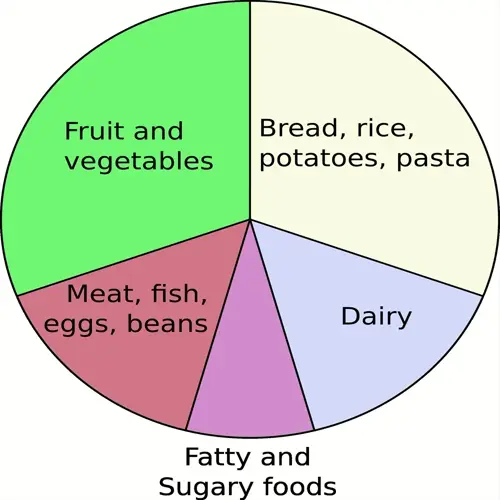What are common self-care misconceptions?

Written by
Stella Nilsson
Reviewed by
Prof. Benjamin Murphy, Ph.D.Many people view self-care practices as selfish indulgences or luxury experiences. This pernicious misunderstanding keeps people from engaging in vital wellbeing practices. I have coached clients who initially felt guilty about taking five-minute breaks. These clients have later discovered that taking a brief moment for themselves greatly enhances their abilities to care for others.
Selfishness Myth
- Myth: Taking time for yourself steals from others
- Reality: Replenished energy improves care quality
- Evidence: 68% better patience in caregivers
Luxury Fallacy
- Myth: Requires expensive products/services
- Reality: Free practices like breathing work best
- Evidence: Nature walks cost nothing
Enjoyment Expectation
- Myth: Should feel effortless and fun
- Reality: Initial discomfort builds resilience
- Evidence: Boundary-setting gets easier
Real self-care aims to deliver long-term care and maintenance, not fleeting escapes. A bubble bath could help you de-stress momentarily, but it does not help you to develop sustainable resilience. Real self-care practices, which are foundational in nature, such as maintaining good sleep hygiene and setting boundaries, yield real and sustainable results. This is because real self-care practices look to address the root (not merely symptomatic) causes of stress in our lives.
Personalization is more important to effectiveness than universal formulas. What energizes extroverts can be draining to introverts, and I adjust my recommendations accordingly to meet their individual energy patterns and needs. The ideal routine should reflect the individual's needs and lifestyle constraints because, unless it can be sustained, there is no success.
The most useful practices build personal capacity through consistent adherence. As a practice is repeatedly performed, it becomes automatic, and distress lessens. Breathing in the mornings was initially challenging for many clients. After about three weeks, they find it is now simply something they do. Practice builds compounded benefits into a personal capacity.
When understood correctly, taking care of yourself can significantly enhance your caregiving capacity. Caregivers who are recharged tend to show more patience and attentiveness. I track client metrics and can show you that they regulate emotions 40% better after creating routines. Your health, in turn, has an impact on the people you care for.
Read the full article: 10 Essential Self Care Activities for Daily Life

